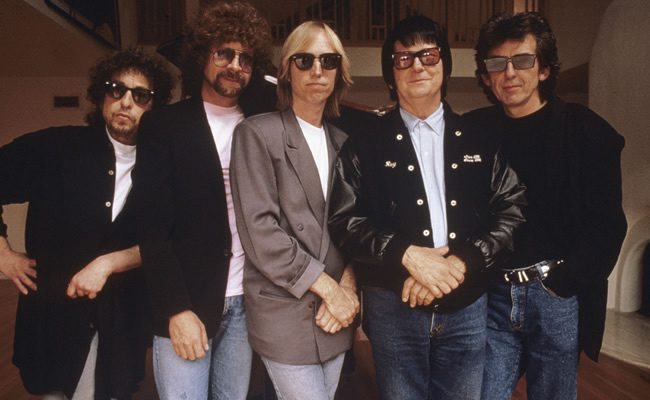The Most Wounding Week
By • October 10, 2017 0 456

Has there ever been a sadder, more wounding week in recent years than the one that began late Sunday, Oct. 1, when a song still filtering in the ears of thousands of concertgoers began to mix with the popcorn noise of bullets fired into the crowd, of people screaming while others fell sharply to the ground?
The shock of this beginning never abated. It just gained substance, size and volume, meshing with other news, the daily bread of our Instagram and Twitter lives of politics, the aftermath of other disasters (as well as impending ones) and the death of the famous.
A reported 58 people were known to be dead in Las Vegas, shot by a lone, 64-year-old gambler and retired accountant named Stephen Paddock. Paddock, whose only contemporary image for days was that of a bearded man with his eyes closed as if posing for a wanted poster, fired what sounded like thousands of shots from two rooms at the luxurious Mandalay Bay Resort and Casino in Las Vegas into a crowd of 22,000 people gathered for the last day of a country music festival.
Sadness and confusion were king in the ensuing days. They still are. Family members appeared, a girlfriend was brought back to the United States from abroad, neighbors and acquaintances were questioned, but no particular reason for Paddock to commit this carefully planned mass murder has emerged.
But stories emerged endlessly. These were people, mostly young and a little older, who had come from all over the country. A wife died in the arms of her husband; blood and purses and bags and condiments and shirts and boots and a beaten-up cowboy hat on bloody concrete dominated visuals on front pages everywhere.
Heroes, too, emerged: people blocking bullets with their bodies, police and emergency crews rushing toward the gunfire. The inevitable memorials of flowers and messages appeared on the plaza and on street corners.
The shock remains, even as other news became entangled with it, the tragedy hooking up with daily life like a visit from a disturbed relative.
Hurricanes and their aftermaths remained a presence. President Donald Trump visited Puerto Rico with mixed and strange effects — praising FEMA, himself, picking a fight with the mayor of San Juan, throwing paper towels into a crowd. In Las Vegas, he took a more somber tone, calling the killings an “act of evil,” praising police and first-responders and other heroes.
And the sadness did not abate. On Oct. 2, Tom Petty, of Tom Petty and the Heartbreakers, died at the age of 67 of a heart attack. Petty — an originalist in the annals of American rock and roll but also a consistent hit maker (“American Girl,” “Free Fallin’,” “I Won’t Back Down,” “Learning to Fly,” “Mary Jane’s Last Dance”) — was still touring.
He didn’t look or sound like anybody else: blondish, from Florida, big toothed, often sporting a sneaky smile, with a big-enough voice that inveigled and seduced, backed by a group of great musicians. He had a penchant to collaborate with the very best of his times, which encompassed almost 40 years.
In a week like that, it is music that comes to the rescue, like a ragged but full-gifted Quixote. Here is the place you talk about marriages, setbacks, drugs (lots), all the components of the rocky road of rock stars’ lives.
You look and listen for his music. I found Petty at full but shared throttle among the Traveling Wilburys, a shifting supergroup that began life in 1981. They were Nelson Wilbury (George Harrison), Otis Wilbury (Jeff Lynne), Lefty Wilbury (Roy Orbison), Charlie T. Wilbury (Petty) and Lucky Wilbury (Bob Dylan). As groups go, not too shabby.
Somewhere in there in a week like that, you give in to the music, punch up YouTube and catch the greats gathered together, guitars gently and raucously playing, singing songs like “End of the Line,” which begins with: “Well it’s all right, riding around in the breeze/Well it’s all right, if you live the life you please.”
It doesn’t dispel the sadness so much as let you ride a train with them all, and all their other songs, seeing how much fun they were having. You hear Harrison’s clear voice, Petty’s smooth jabs, Dylan’s world-class rasp and Orbison moving in with that voice of his.
It was only fitting that Jason Aldean opened “Saturday Night Live” Oct. 7 with “I Won’t Back Down,” which Petty had nurtured into an anthem over time. This was a way of dealing with this saddest of all weeks while paying tribute to Petty, a troubadour of rock. It was a song sung for all those lost to us and those who loved and cherished them.

